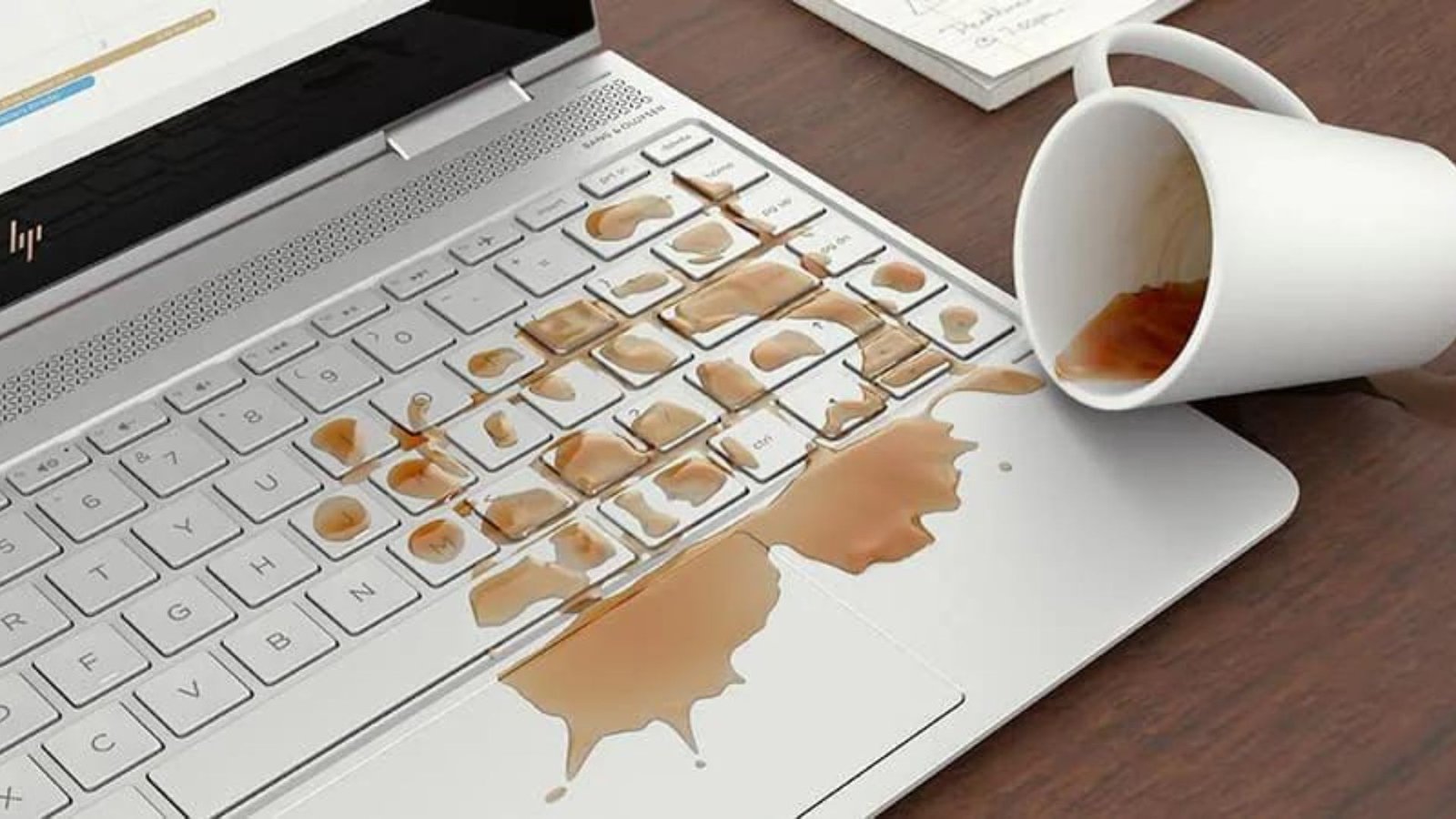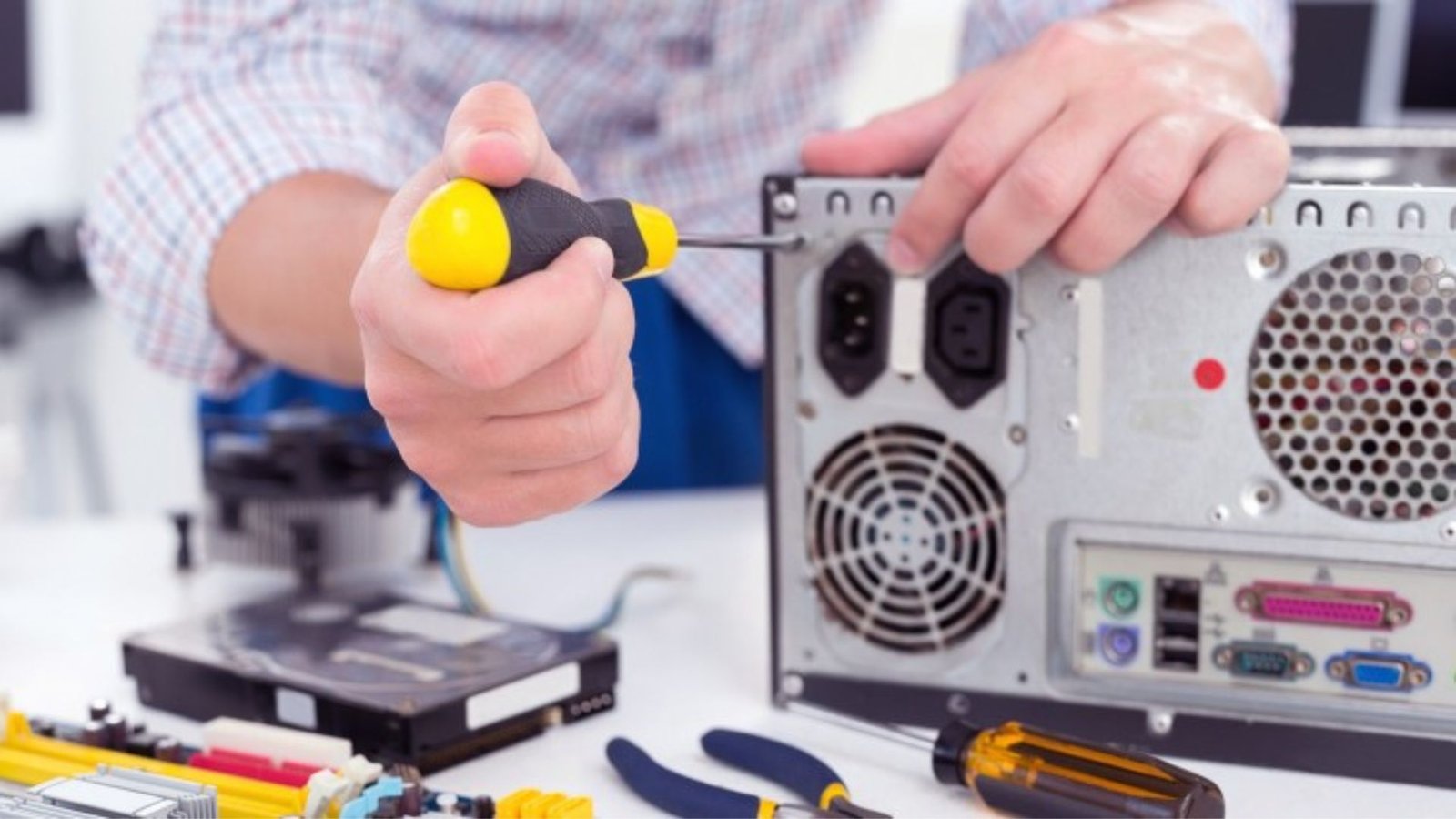If you’re like me, you probably know the frustration of a slow computer. Whether it’s for work, gaming, or everyday use, optimizing your personal computer for speed can make a world of difference. This article will walk you through several practical ways to get your computer running faster and more efficiently.
Why Optimizing Your Personal Computer for Speed is Important
First things first, let’s talk about why optimizing your personal computer for speed matters. Over time, our computers naturally slow down due to the accumulation of unnecessary files, background processes, and outdated software. A slow PC not only affects productivity but also causes a lot of frustration. By optimizing your PC, you’ll be able to speed up tasks, reduce lag, and extend the lifespan of your hardware.

Clear Out Unnecessary Files
One of the simplest ways to start optimizing your personal computer for speed is by clearing out unnecessary files. Over time, your PC accumulates temporary files, cache, and other junk that clogs up your hard drive. Regularly cleaning out these files can free up valuable space, allowing your computer to run more smoothly. Use built-in tools like Windows Disk Cleanup or third-party software to identify and remove these files.
Upgrade Your RAM
Another highly effective way of optimizing your personal computer for speed is to upgrade your RAM. RAM, or Random Access Memory, is what your PC uses to perform tasks. If you often work with resource-heavy programs like video editing software or games, increasing your RAM can help your computer process information faster, leading to smoother performance.
Uninstall Unused Programs
Most of us have programs installed on our computers that we no longer use. These unnecessary programs take up space and may even run in the background without us realizing it. Uninstalling unused programs is a great step toward optimizing your personal computer for speed. Check your list of installed programs and remove anything you don’t need.
Disable Startup Programs
Many programs are set to automatically run when your computer starts up. While some of these are necessary, like your antivirus software, others simply slow down your boot time and overall performance. Disabling non-essential startup programs is a quick and easy way to optimize your personal computer for speed. You can do this through the Task Manager on Windows or System Preferences on a Mac.
Keep Your Operating System Updated
Operating system updates are important for security and performance. Keeping your OS updated is essential when optimizing your personal computer for speed. These updates often include bug fixes, security patches, and performance improvements that can make your computer run faster. So, make sure you’re always running the latest version of your operating system.
Use an SSD Instead of an HDD
Switching from a traditional hard drive (HDD) to a solid-state drive (SSD) can have a huge impact when optimizing your personal computer for speed. SSDs are significantly faster than HDDs, which means quicker boot times, faster file transfers, and better overall performance. If you haven’t made the switch yet, upgrading to an SSD is one of the best things you can do for your computer’s speed.
Defragment Your Hard Drive
Defragmenting your hard drive is another effective way to optimize your personal computer for speed, especially if you’re still using an HDD. Over time, data on your hard drive becomes fragmented, meaning it takes longer for your computer to read and write files. Defragmenting reorganizes this data, making your hard drive more efficient and speeding up performance.
Scan for Malware and Viruses
Malware and viruses can seriously slow down your computer, not to mention pose a security risk. Running regular scans with a trusted antivirus program is an essential part of optimizing your personal computer for speed. If your computer is infected, removing the malware will likely result in an immediate boost in performance.
Manage Your Browser Extensions
If you’re experiencing slowdowns while browsing the internet, managing your browser extensions might help. Too many extensions can make your browser sluggish. Disabling or removing unnecessary extensions can improve your browsing experience and help optimize your personal computer for speed.
Conclusion
Optimizing your personal computer for speed doesn’t have to be complicated. Simple actions like clearing out files, upgrading RAM, and keeping your operating system updated can have a noticeable impact on your computer’s performance. By taking the time to implement these tips, you can ensure that your computer runs faster and more efficiently, making your daily tasks smoother and less frustrating.











